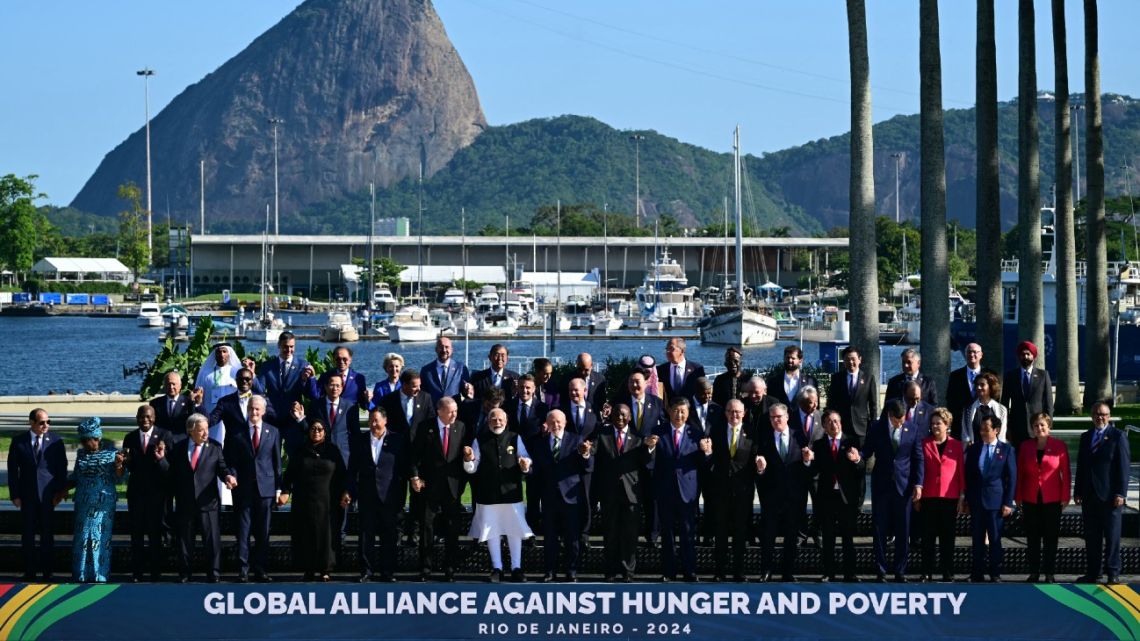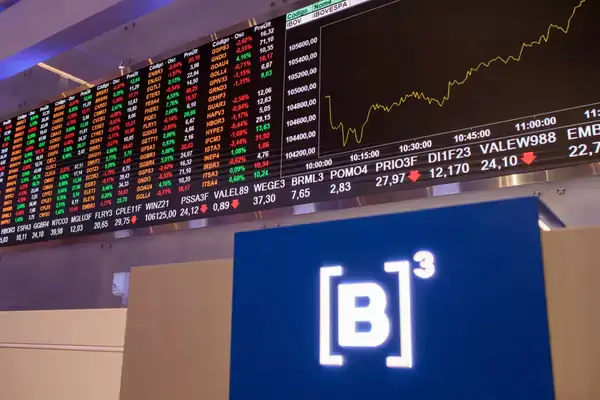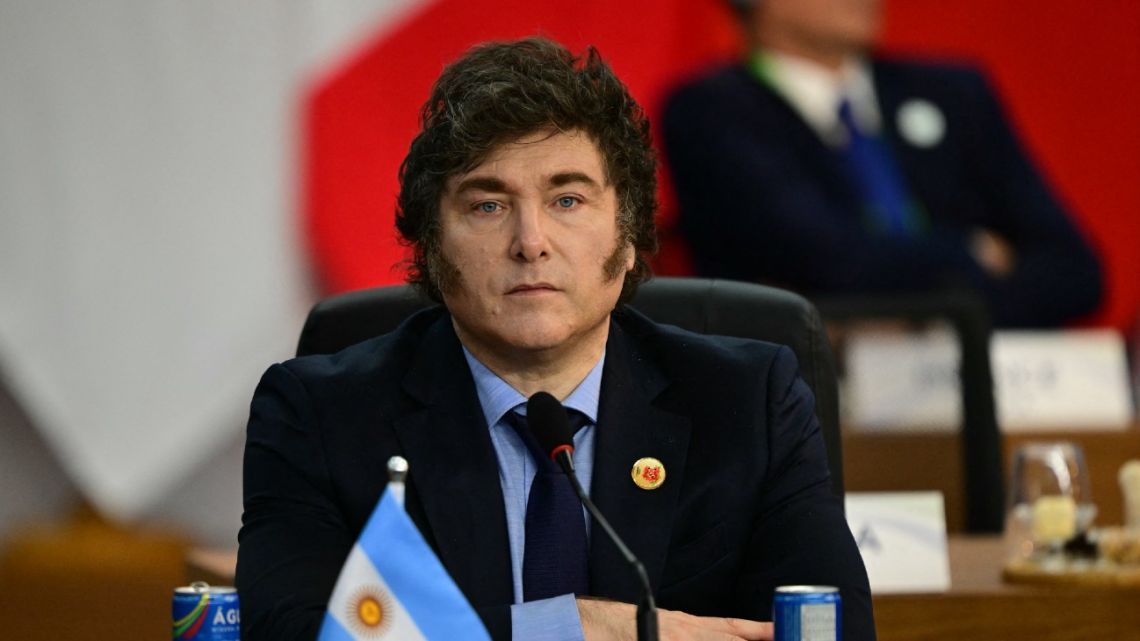Peru’s Chancay port, a major Chinese-backed project, is poised to transform the country into a key trade hub. But a recent proposal from a US policy advisor could throw a wrench in those plans.
Mauricio Claver-Carone, linked to Donald Trump’s transition team, has suggested that the US impose a 60% tariff on goods passing through Chancay.
Why? Because the port is controlled by China’s Cosco Shipping Ports, Claver-Carone wants to prevent Chinese products from slipping into the US under other countries’ names.
This isn’t just about tariffs—it’s about how global trade works. If the US follows through, it could disrupt not only Peruvian exports but also hurt American companies using Peru as a manufacturing base.
Foreign Minister Elmer Schialer warns that such a move would be like “shooting yourself in the foot.” He’s right—this could backfire on both sides.
 Peru’s New Chancay Mega-Port Faces U.S. Tariff Risk Over Chinese Control. (Photo Internet reproduction)
Peru’s New Chancay Mega-Port Faces U.S. Tariff Risk Over Chinese Control. (Photo Internet reproduction)Peru has a Free Trade Agreement (FTA) with the US, which should protect it from such drastic measures. But even with these agreements in place, there’s no guarantee that the US won’t try to push its agenda.
Chancay Port and Global Trade
Edgar Vásquez, a former trade minister, stresses that slapping tariffs on goods just because they pass through a Chinese-controlled port would violate international trade rules.
The real issue here is bigger than just one port. It’s about how countries navigate their relationships with global powers like China and the US.
For Peru, Chancay is an opportunity to boost its economy and connect with Asia. But if the US starts targeting countries based on where their goods are shipped from, it could set a dangerous precedent.
So why should you care? Because this isn’t just about Peru—it’s about how global trade decisions can ripple across economies and affect businesses everywhere.
If the US starts punishing countries for working with China, it could lead to more trade wars and higher costs for consumers worldwide.
Bottom line: The Chancay port is more than just another infrastructure project. It’s at the center of a growing tug-of-war between global superpowers—and what happens next could have far-reaching consequences for international trade.

 By The Rio Times | Created at 2024-11-18 21:13:22 | Updated at 2024-11-18 23:28:57
2 hours ago
By The Rio Times | Created at 2024-11-18 21:13:22 | Updated at 2024-11-18 23:28:57
2 hours ago








